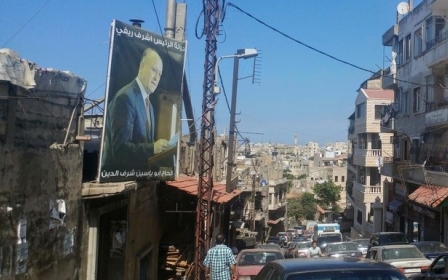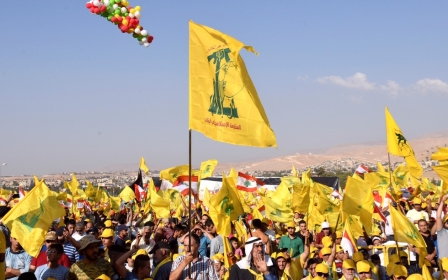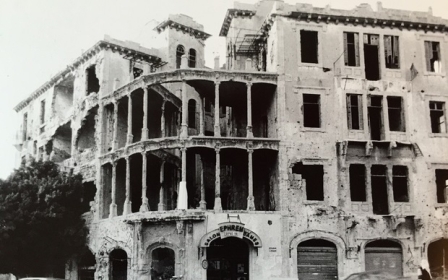Lebanon's parliament passes country's first budget in 12 years
Lebanon's parliament on Thursday approved the first state budget in 12 years, a vital step towards reforming the country's fragile economy and preventing rising debt from spinning out of control.
Successive governments have failed to pass annual budgets amid a string of political crises since the 2005 assassination of former prime minister Rafik al-Hariri.
The budget, which passed after three days of discussion, was a priority for the government of Rafik's son, Saad al-Hariri, who took office in January.
A main obstacle to passing the budgets has been demands from some politicians that an audit of extra-budgetary spending from previous years be carried out. Calls for the audit have been accompanied by accusations of embezzlement of public funds.
Still, on Wednesday, parliament approved a law allowing the budget to be passed before such an audit is completed, giving the minister of finance as long as a year to carry it out.
Minister of Finance Ali Hassan Khalil said passing the budget is a "fundamental step on the state's path to reinstating order in the public finances".
Earlier this month, the parliament approved contentious taxes needed to finance a public sector pay increase.
Lebanon has a debt-to-GDP ratio of 148 percent, one of the highest in the world, and recorded a fiscal deficit of $4.9bn last year.
Lebanon's economic growth has been battered by years of paralysis in government decision-making and six years of war in neighbouring Syria. Growth slowed to just over 1 percent a year from an average of 8 percent before the Syrian war.
Economists have said a budget was vital to reforming public finances, but that more needs to be done to improve growth and investor confidence in the country, including reforming the heavily subsidised power sector, boosting tax collection and upgrading crumbling infrastructure.
The country is set for its first parliamentary election since 2009 next year.
New MEE newsletter: Jerusalem Dispatch
Sign up to get the latest insights and analysis on Israel-Palestine, alongside Turkey Unpacked and other MEE newsletters
Middle East Eye delivers independent and unrivalled coverage and analysis of the Middle East, North Africa and beyond. To learn more about republishing this content and the associated fees, please fill out this form. More about MEE can be found here.




